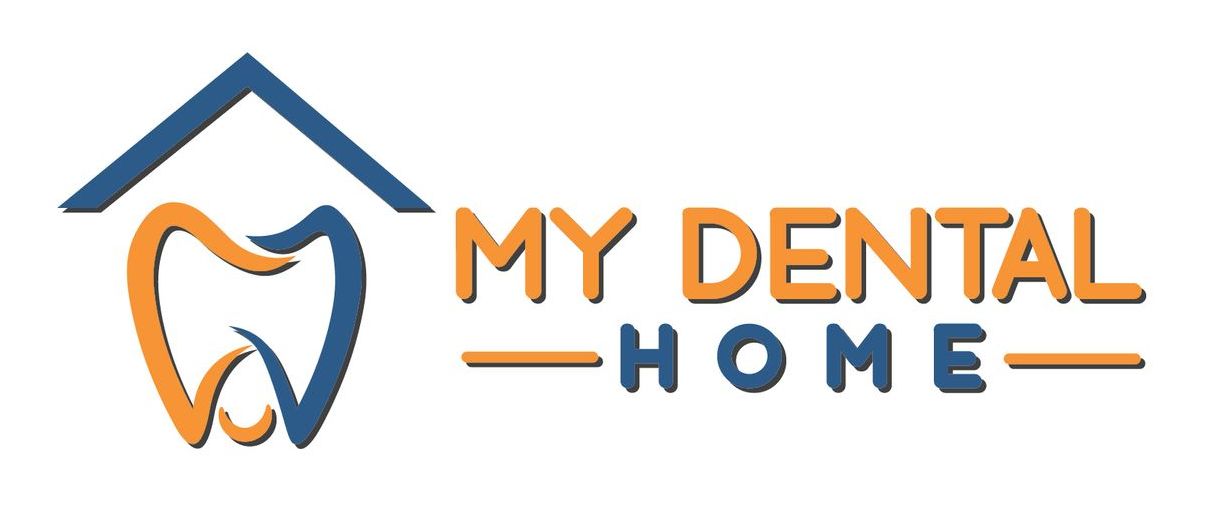Complete Guide to Dental Crowns: Types, Benefits, and Care Tips
Dental crowns are a vital solution for restoring teeth that are damaged, decayed, or weakened. Whether you’ve suffered a cracked tooth, a cavity too large for a filling, or need protection for a root canal, crowns can help improve the appearance, function, and strength of your teeth. But what exactly are dental crowns? And how can you care for them to ensure they last? Let’s take a closer look at the different types of crowns, their benefits, and some essential care tips.
What Are Dental Crowns?
A dental crown is a custom-made cap that fits over a damaged tooth, covering it entirely. Crowns can be made from various materials, each offering unique advantages depending on the needs of the patient. The goal of a crown is to restore the tooth to its natural shape and function, providing a durable solution for teeth that may be too weak to function normally without additional support.
Types of Dental Crowns
There are several types of dental crowns, and the choice depends on factors such as the tooth's location, the material’s durability, and aesthetic preferences. Here are the most common types:
Types of Dental Crowns
- Porcelain-Fused-to-Metal (PFM) Crowns
- All-Porcelain or All-Ceramic Crowns
- Zirconia Crowns
- Gold Crowns
- Metal Crowns
- E-Max (Lithium Disilicate) Crowns
- Composite Resin Crowns
Benefits of Dental Crowns
Dental crowns offer several benefits, making them a go-to solution for many dental issues. Here are some of the key advantages:
1. Restoration of Functionality
Crowns help restore a tooth’s function by providing strength and durability. For teeth that have been weakened due to decay or damage, a crown can help them function like a healthy tooth again.
2. Enhanced Aesthetics
Porcelain and zirconia crowns, in particular, offer a highly natural look that blends seamlessly with your existing teeth. This is especially important for those needing crowns in the visible parts of the mouth.
3. Long-lasting Durability
While the longevity depends on the material used, dental crowns are generally long-lasting. Metal crowns, for example, can last 15 years or more with proper care, while porcelain and ceramic crowns typically last 10-15 years.
4. Tooth Protection
A crown covers a tooth completely, protecting it from further damage. This is especially useful for teeth that have been weakened by large fillings, cracks, or cavities.
5. Prevention of Further Decay
Crowns can seal out harmful bacteria and decay, which helps prevent the further deterioration of the tooth.
How to Care for Your Dental Crown
To ensure your dental crown lasts for many years, proper care is essential. Here are some helpful tips for maintaining your crown:
1. Maintain Good Oral Hygiene
Brush your teeth twice a day with a fluoride toothpaste and floss regularly to keep your teeth and gums healthy. This prevents plaque buildup and helps avoid gum disease that could affect your crown.
2. Avoid Hard Foods
While crowns are durable, they are not indestructible. Avoid biting down on hard foods such as ice, candy, or bones, which could cause your crown to crack or become damaged.
3. Be Careful with Sticky Foods
Sticky foods like caramel or chewing gum can pull at the edges of your crown, potentially loosening it over time. It's best to avoid these, especially immediately after your crown has been placed.
4. Visit Your Dentist Regularly
Regular dental checkups are vital to ensure the health of your crown and the surrounding teeth. Your dentist will check for signs of wear, damage, or decay around the crown.
5. Avoid Teeth Grinding
If you grind your teeth at night, your dentist may recommend a mouthguard to protect your crown (and other teeth) from excessive force. Grinding can lead to cracks or even the complete failure of a crown.
6. Protect Against Staining
While porcelain and zirconia crowns are less likely to stain, it’s still a good idea to limit consumption of staining foods and drinks (like coffee, tea, and wine) to keep your crowns looking their best.
Conclusion
Dental crowns are a versatile and effective solution for restoring damaged teeth. Whether you need them for aesthetic reasons, to restore a broken tooth, or to strengthen a weakened one, there’s a crown material for every need. By understanding the types of crowns, their benefits, and how to care for them, you can make an informed decision and enjoy your restored smile for years to come. Always consult with your dentist about which option is best for your unique dental needs and maintain good oral hygiene to ensure the longevity of your crowns.
Share This Post

